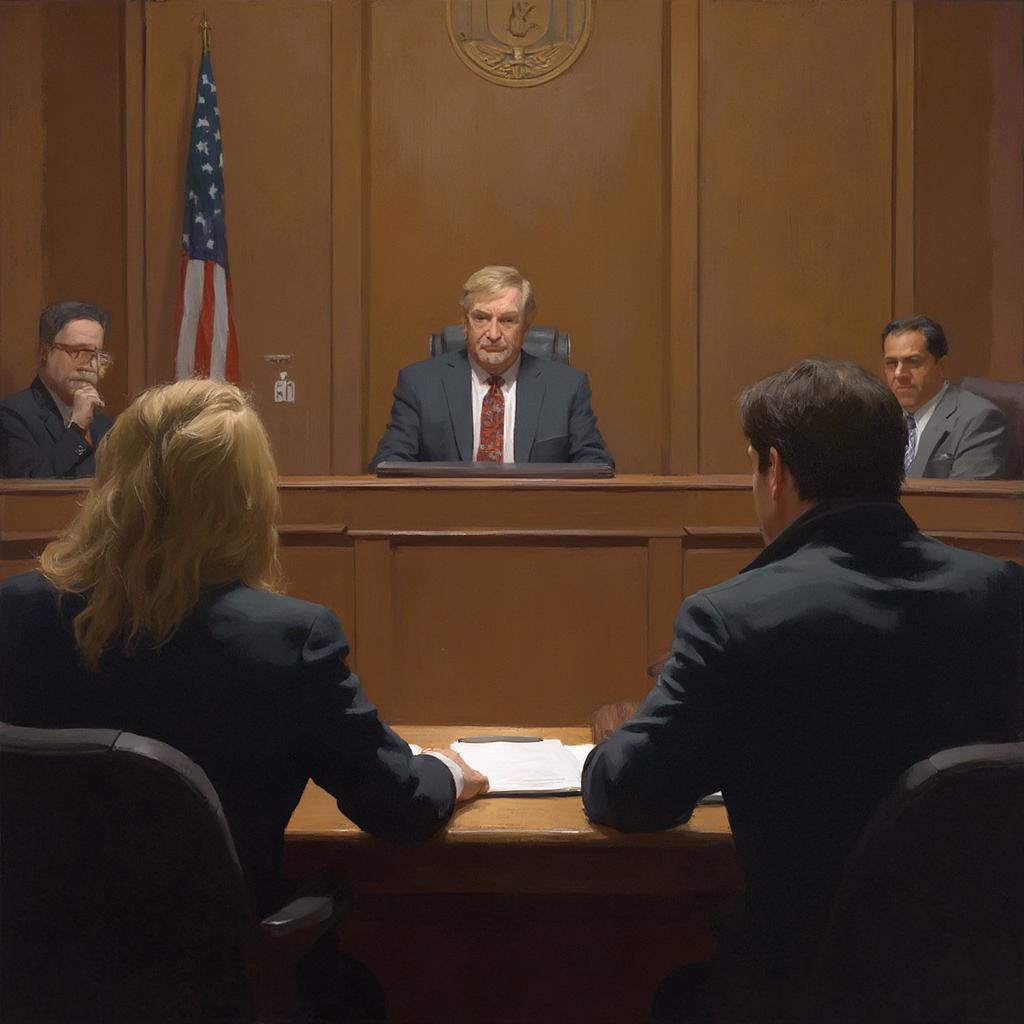
Can the District Attorney Drop Charges?
A district attorney’s decision to drop charges is a critical juncture in the legal process. Understanding the factors influencing this decision is essential for both defendants and victims. This article explores the intricacies of when and why a district attorney might choose to drop charges.
When Can a District Attorney Drop Charges?
District attorneys have considerable discretion in deciding whether to pursue, reduce, or dismiss charges. They can generally drop charges at any point during the legal proceedings, from the initial filing to even during trial. However, the timing and rationale behind the decision are subject to legal and ethical considerations.
Pre-Trial Dismissal of Charges
The most common time for charges to be dropped is before the trial begins. This can happen for a variety of reasons, including insufficient evidence, witness unavailability, or successful plea bargaining.
- Insufficient Evidence: If the DA determines that the available evidence is not strong enough to secure a conviction, they may choose to drop the charges. This often occurs after further investigation or if key evidence is deemed inadmissible in court.
- Witness Problems: If a crucial witness becomes unavailable (due to relocation, death, or refusal to cooperate), the prosecution’s case may be significantly weakened, leading to dismissal.
- Plea Bargaining: Charges may be dropped or reduced as part of a plea bargain, where the defendant agrees to plead guilty to a lesser charge or cooperate with the authorities in exchange for a more lenient sentence.
Dismissal During Trial
While less common, charges can also be dropped during a trial. This typically happens if new evidence emerges that exonerates the defendant or if the prosecution’s case falls apart due to unforeseen circumstances.
- Exculpatory Evidence: If evidence comes to light that proves the defendant’s innocence, the DA has an ethical obligation to disclose it and may choose to drop the charges to prevent a wrongful conviction.
- Mistrial: A mistrial, declared due to procedural errors or jury misconduct, can also lead to the DA deciding against retrying the case.
 Courtroom Scene with Judge and Jury
Courtroom Scene with Judge and Jury
Why Might a District Attorney Drop Charges?
Beyond the specific circumstances mentioned above, several other factors can influence a DA’s decision to drop charges:
Interests of Justice
Sometimes, pursuing a case might not serve the broader interests of justice. This can be due to the defendant’s age, mental health, or the minor nature of the offense.
- First-time offenders: For minor offenses, a DA may offer diversion programs or drop charges altogether for first-time offenders to avoid saddling them with a criminal record.
- Mental health concerns: If a defendant’s mental health significantly contributed to the offense, the DA might recommend treatment and rehabilitation rather than incarceration.
Resource Constraints
Prosecuting every case is often impossible due to limited resources. DAs must prioritize cases involving serious crimes or those with a high probability of conviction.
- Budget limitations: Limited budgets can force DAs to focus on the most serious cases, sometimes leading to the dismissal of less significant charges.
- Overburdened courts: A backlog of cases can also influence the decision to drop charges, especially for less serious offenses, to free up the court system.
 District Attorney Meeting with Legal Team
District Attorney Meeting with Legal Team
Can Charges be Refiled After Being Dropped?
In some cases, charges can be refiled after being dropped, particularly if new evidence emerges or if the initial dismissal was based on procedural grounds rather than the merits of the case. However, the double jeopardy clause of the Fifth Amendment prevents someone from being tried twice for the same crime.
“The decision to drop charges is complex and involves a careful balancing of legal, ethical, and practical considerations,” says Hanoi-based attorney, Ms. Nguyen Thi Lan Anh. “It’s not simply about winning or losing, but about ensuring a fair and just outcome.”
“Understanding the specific reasons behind a dropped charge is critical,” adds Mr. Tran Van Minh, a Ho Chi Minh City criminal defense lawyer. “It can significantly impact future legal proceedings and potential consequences.”
Conclusion
Whether a district attorney can drop charges depends on a range of factors, from the strength of the evidence to the interests of justice and resource constraints. Understanding these complexities is essential for anyone navigating the criminal justice system. If you have questions about a specific case, consult with a qualified legal professional to understand your rights and options.
FAQ
- What does it mean when charges are dropped? It means the prosecutor has decided not to pursue the case further.
- Does dropping charges mean I’m innocent? Not necessarily. It simply means the prosecution is not proceeding with the case at that time.
- Can I be arrested again after charges are dropped? Yes, if new evidence surfaces or the original dismissal was based on procedural issues.
- Should I hire a lawyer even if charges are dropped? Consulting with a lawyer is always recommended to understand the implications of dropped charges and your legal rights.
- What is the difference between dropped charges and an acquittal? An acquittal means a jury found you not guilty, while dropped charges mean the prosecution chose not to pursue the case.
- Can the victim object to the DA dropping charges? Victims have the right to be heard, but the ultimate decision rests with the district attorney.
- How can I find out why charges were dropped in my case? Contact the district attorney’s office or your lawyer to request information about the reasons for dismissal.




